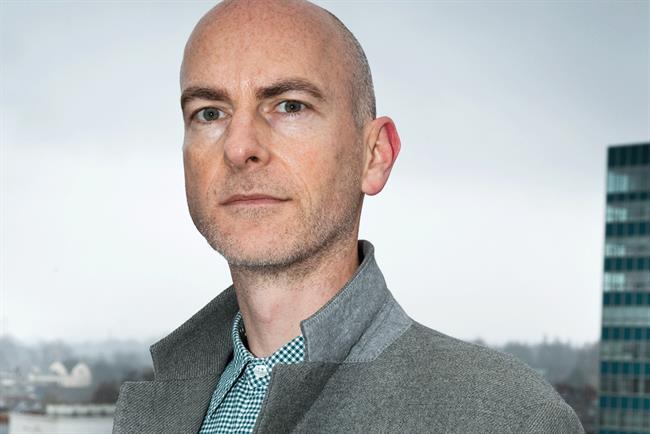Daniel Kahneman once worked with the Israeli air force. He was talking to air force instructors about the power of positive reinforcement, but found that they disagreed with him. Experience had taught them that when great performance was praised poor performance resulted next time out, and that poor performance, when berated, often produced a better result next time.
The flight instructors had concluded that a tough stance was the only way forward. But Kahneman saw that this was simply reversion to the mean – a random pattern of good and poor performance individuals interpreted as caused by their interventions.
We love to find patterns and stories when they don’t exist. We’re in love with the talent myth, that some people are superstars and others journeymen. When great results happen after we’ve done some work, we think our talents caused it. Our hierarchies and salary structures perpetuate this.
Ideas of unquantifiable creative flair are possibly endemic to marketing and advertising, but can also be found in the highly quantified world of investment. No fund manager ever consistently beats the market, and certainly not to a degree that outpaces the fees they charge (see "The Efficient Markets Hypothesis" for details), but investment companies who pay big salaries and gullible customers who pay big fees want to believe that they can.
Mark Zuckerberg is still treated as though he were the avatar of a new race of laughing freemen, amplified by the company’s habit of referring to things that 'Mark' has said or thinks (am I the only one who thinks that’s a bit creepy?)
The talent myth is endemic to humanity, not just to us creative types.
We love the drama of sudden peaks and troughs and refuse to believe that these swings can be random, when random effects are usually the most likely explanation.
Mark Zuckerberg is undoubtedly a very clever guy, but he is not the only person who could ever have conceived of and built Facebook. Any number of people could have had the right tech, at the right moment, and a few lucky breaks, magnified by random and uncontrollable network effects. But he is still treated as though he were the avatar of a new race of laughing freemen, amplified by the company’s habit of referring to things that "Mark" has said or thinks (am I the only one who thinks that’s a bit creepy?).
Talent exists, but its discovery and success is governed by luck. Even William Shakespeare was simply a product of a time when, as TS Eliot observed, never was so little genius wasted. A playwright at the time when theatre was a booming art form in high demand so you had a chance to be known and improve through practice. There have been millions of other potential Shakespeares through the ages, they just didn’t get the breaks.
Post purchase reinforcement
You’re probably really good at what you do. Maybe only one percent of people in this country could do it as well as you. But don’t get carried away, that makes you one in 600,000. You’re just not that special. None of us are. And studies have shown an interesting paradox – the more senior you become, the more your decisions are governed by luck. The most highly paid are those whose results are most unreliable.
Organisations are prone to a kind of post purchase reinforcement – when you pay an exec a lot of money, you leap on their successes to justify your remuneration policies, discounting their failures against market conditions or unpredictable circumstances. And if you think this is all old news, because companies now make decisions based on Big Data rather than intuition, then take a look at the growth of executive pay in the world of tech enabled decisions and think again.
Our job is not to become superstars, or even to help others become superstars. Because if you want to make anything happen at scale, the individual is pretty much irrelevant (or more often actively destructive). Our job is much more interesting than that - to forget about short-term fluctuations and design and maintain systems that consistently raise the mean.
How would your organisation look and how much would people be paid if we really embraced the reality so neatly encapsulated by William Goldman "nobody knows anything…every time out it’s a guess and if you’re lucky, an educated one" (with an addendum that the more senior you get, the more of a guess it is)?
What would you do if your job was to raise the mean outcome and make it as resilient as possible to the "talents" of the individual?
To create brands, plans and campaigns that can survive the meddling of "superstars"?
How much better would you be if you could deal with the fact that you’re not that special?
Craig Mawdsley is the joint chief strategy officer of Abbott Mead Vickers BBDO


